Promise Mascot Agency, the 'world's first open world mascot management crime drama,' is all that and somehow more
Hands-on with what we can only hope is the strangest management sim of 2025.
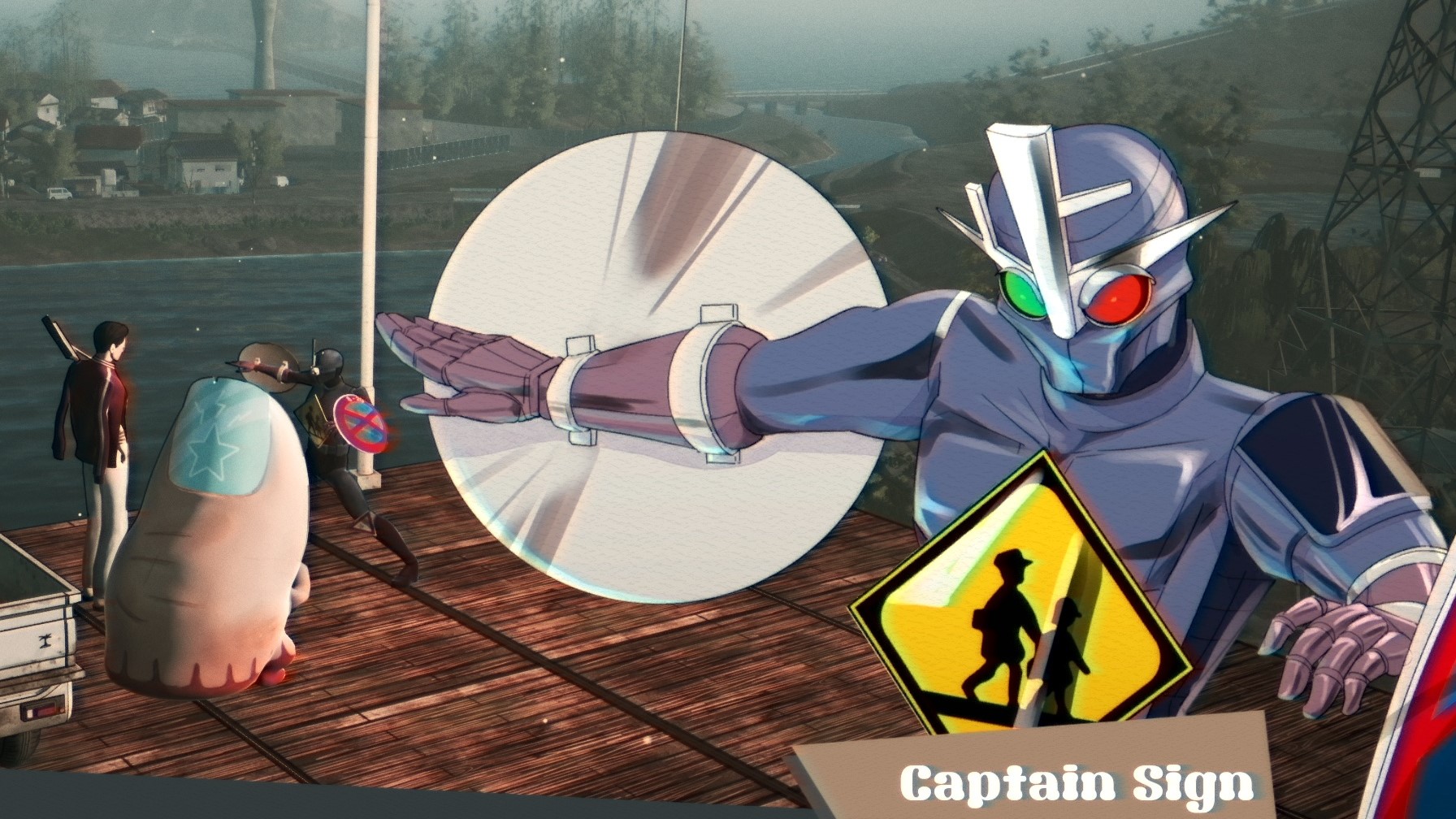
It's hard to believe Promise Mascot Agency's developers believe in the words "too far." A few minutes into the game I met my new assistant at the agency I have to return to profit, which exclusively employs weirdos and rejects. Pinky is a child-height severed finger with a hair trigger for flying into a rage. Half an hour later the first mascot I run into in the nearby town and recruit to my agency is a cat covered in cum (sorry, "Japanese yam"). He loves porn.
And yet Kaizen Game Works insists they have, in fact, shown some restraint.
"That was worse. We toned that down," laughed art director Rachel Noy in a recent interview. "That had a certain name that I don't really feel comfortable repeating."
Like Kaizen's first game Paradise Killer, Promise Mascot Agency throws wild characters in your face with devil-may-care glee. But where that wonderful 2020 detective game had an anything-goes attitude with its coterie of immortal gods, this one is more rooted in Japanese pop culture, which their British creators credit to their collaboration with Capcom and Tango Gameworks veteran Ikumi Nakamura and her concept artist. They pitched the rough idea for the game to Nakamura—a disgraced Yakuza managing a team of living mascots—and then the designs started flowing in, one after another.
Bizarre designs. For a lot of them, they just "had to take the edge off a bit," Noy added.
"There wasn't anything obscene or too graphic," reassured director Oli Clarke Smith. "But [cat mascot] Trororo's original name, from Ikumi, that would've hit the age ratings… badly."
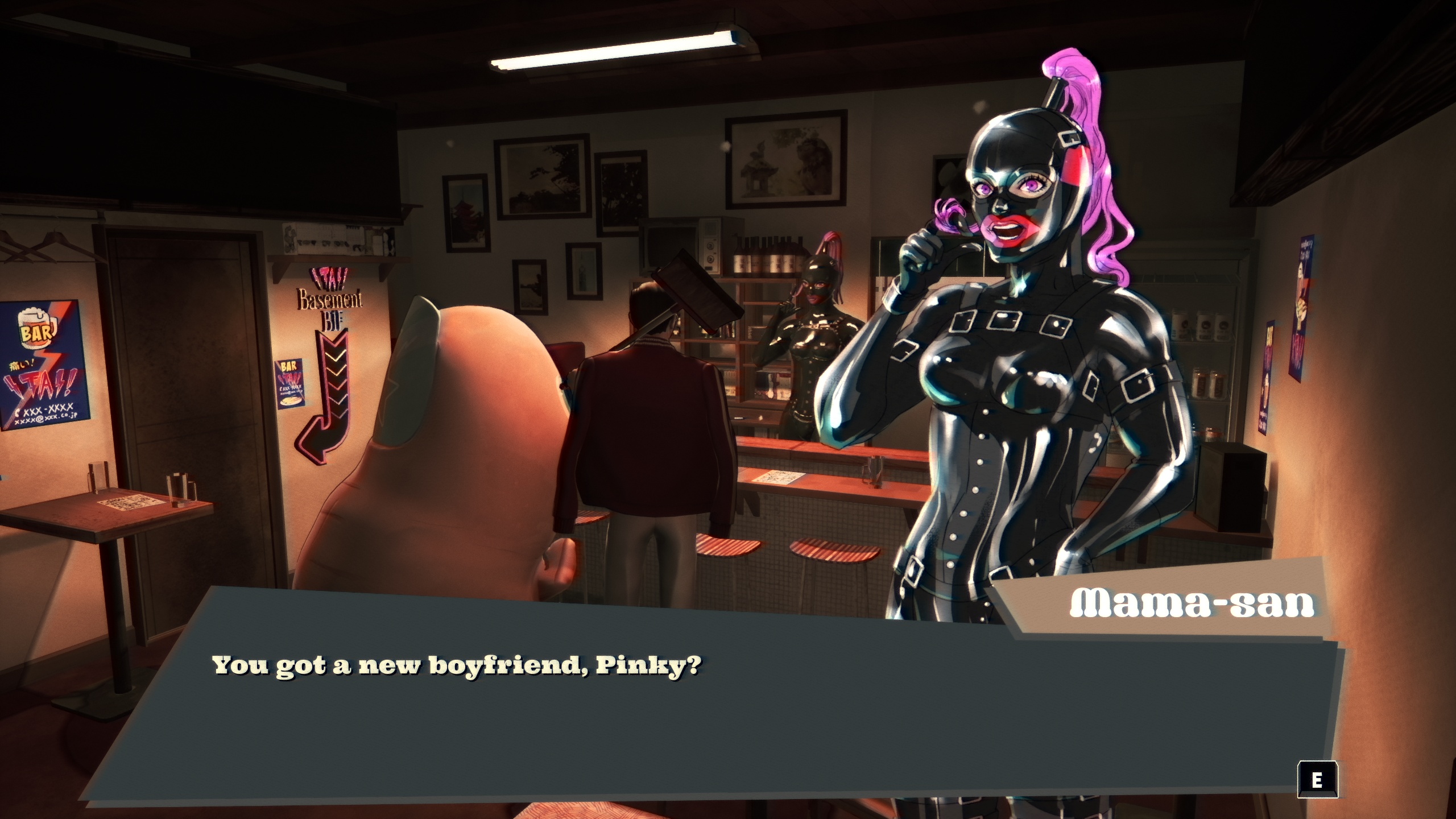
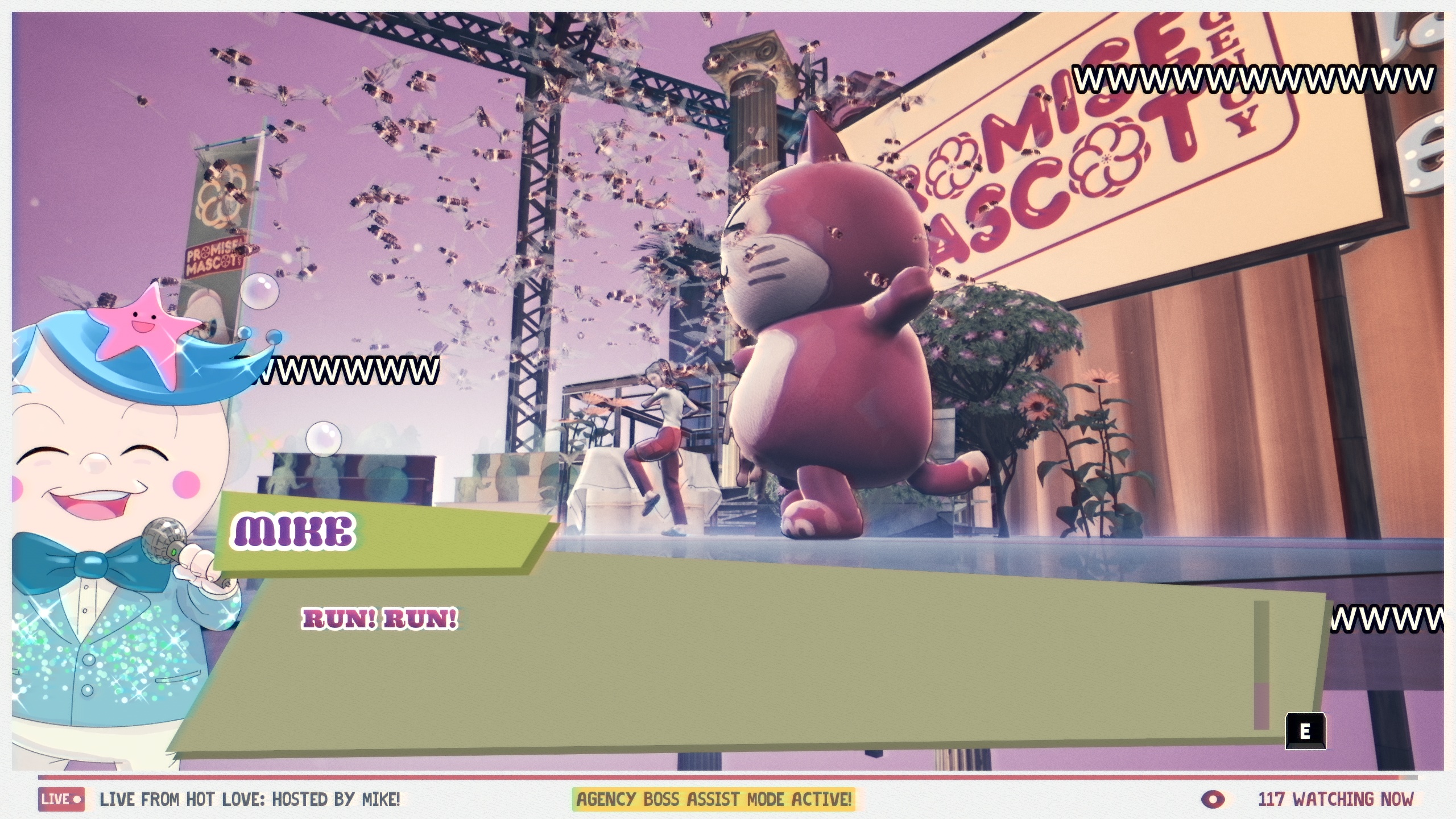
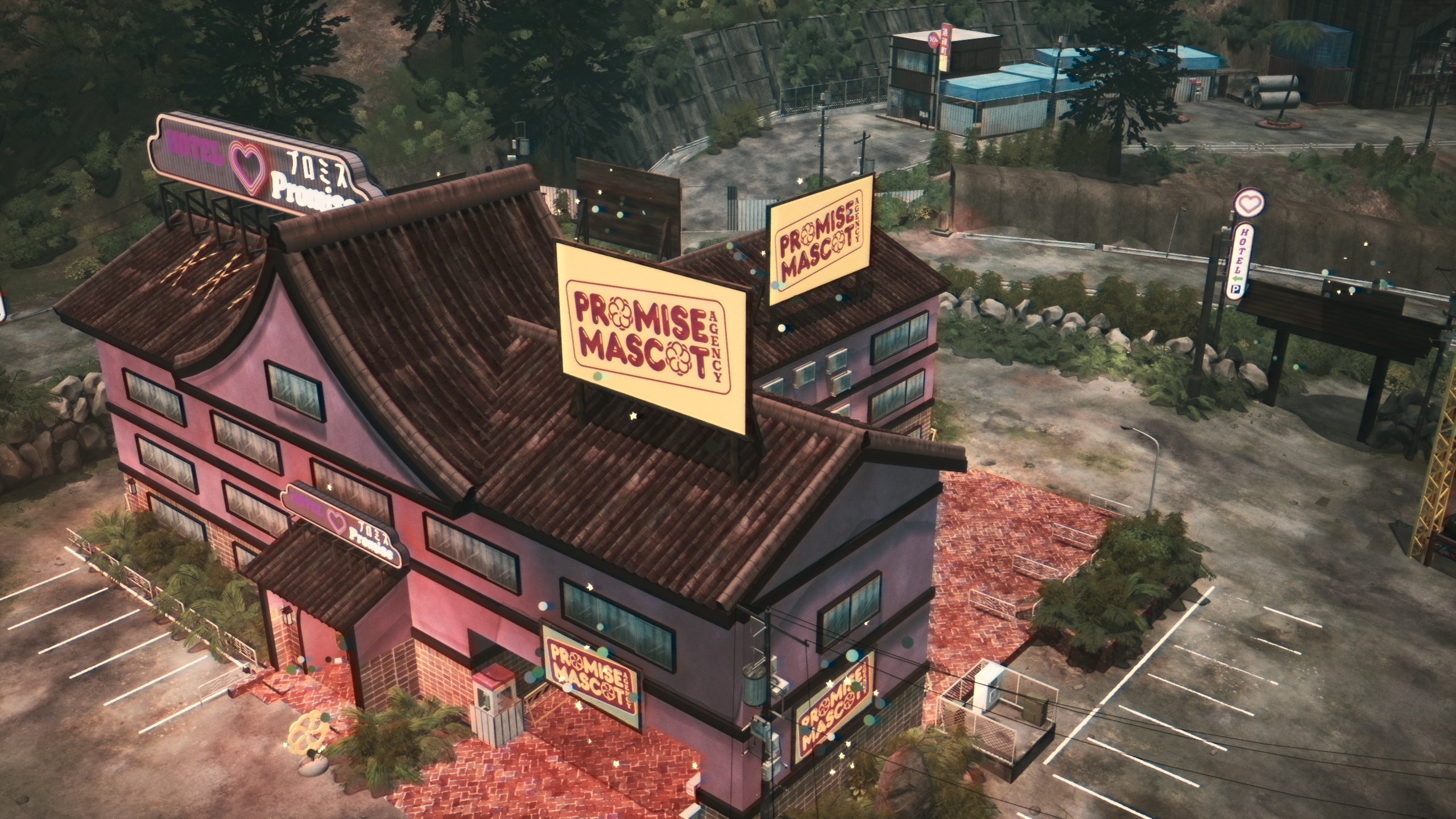
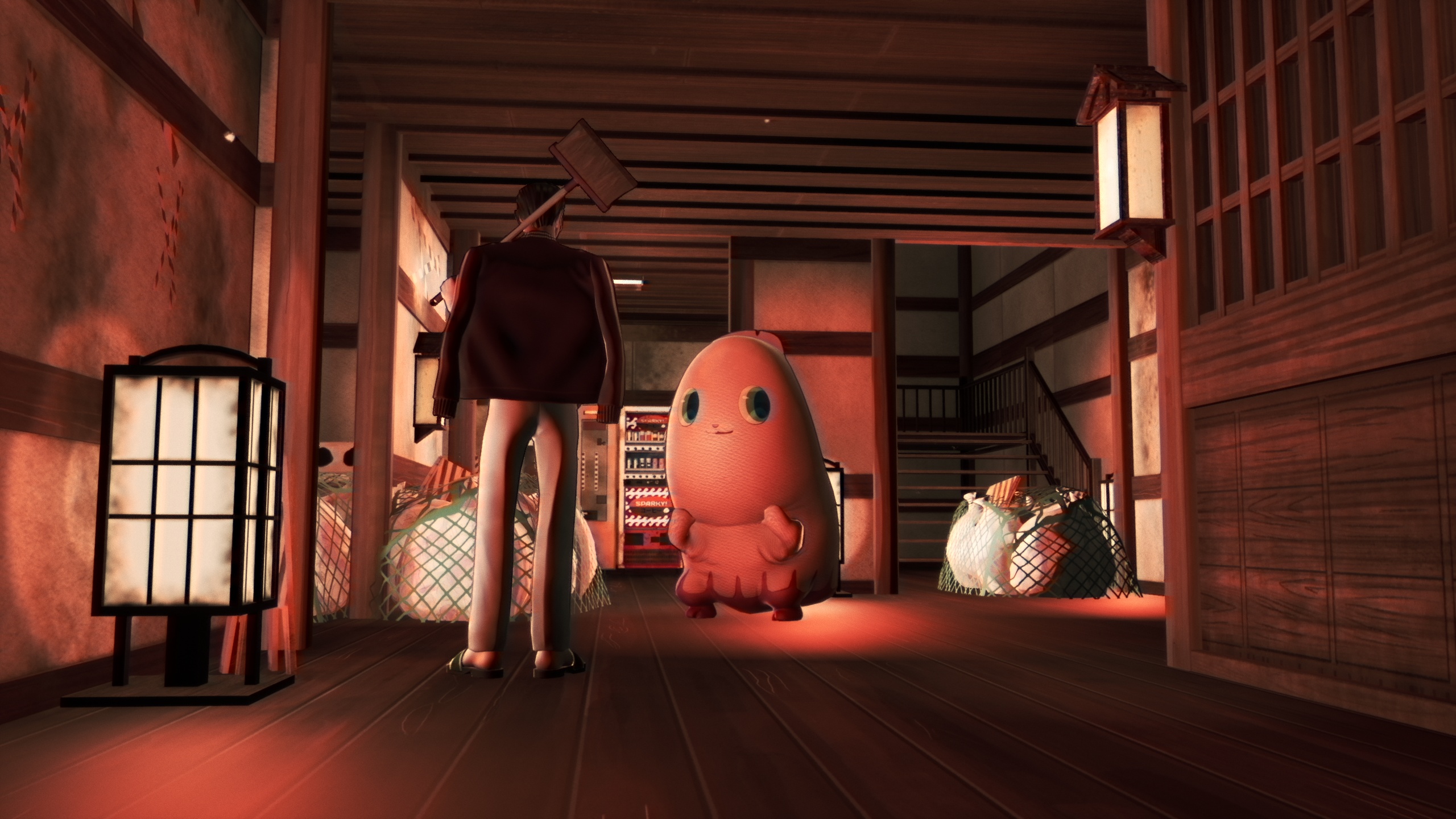
Emboldened by Nakamura's designs, the team leaned into the idea of the world itself being less fantastical than Paradise Killer's magical island. The characters within it being off-kilter only serves to highlight their weirdness and the comic side of the game, which enriches what could otherwise be a menu-heavy management game. Once I'd recruited a couple mascots I got to work assigning them jobs that best suited their characteristics (funny, cute, safety-minded). Early on it's simple, but later you'll have to keep an eye on your finances and also ensure your mascots and the recruitable heroes you send in to aid them are leveling up their stats to complete harder jobs and keep the cash flowing.
The biggest gaming news, reviews and hardware deals
Keep up to date with the most important stories and the best deals, as picked by the PC Gamer team.
Minigames give you the opportunity to play cards in a quick, stripped down deckbuilder. After I recruited tokusatsu-style hero Captain Sign, for example, his card let me take another action. "We've had god knows how many versions since the beginning, and all of them have been dreadful except for this one," said Smith. "We prefer combo-based games where you have a handful of cards you combo together. We wanted a simple version of that where the complexity comes in how the numbers scale up."
The more active half of the game, outside menus, is driving around the town of Kaso-Machi, finding characters, collectibles and sidequests while Pinky chats with you from the back of the truck. Nakamura had a big hand in shaping this part of the game, too, suggesting instead of a city that Promise Mascot Agency be set in a Japanese town that's been largely abandoned by the youth as more and more of the population leaves rural life behind.
I played a couple hours of PMA, really just enough time to get through the opening beats of the story and dip into the basics of its systems. There's lots of driving to find mascots, items that can be used to aid mascots on missions, and little cosmetic items; while you're puttering around in your truck Pinky will often chime in with some dialogue about the surroundings. There's no voice work yet, but the game will be fully dubbed in Japanese (not English) for release. Sending mascots out on missions is simple at this stage, with some basic decision-making around which mascot is best suited to which kind of job, but Smith said that will scale up with higher tier jobs.
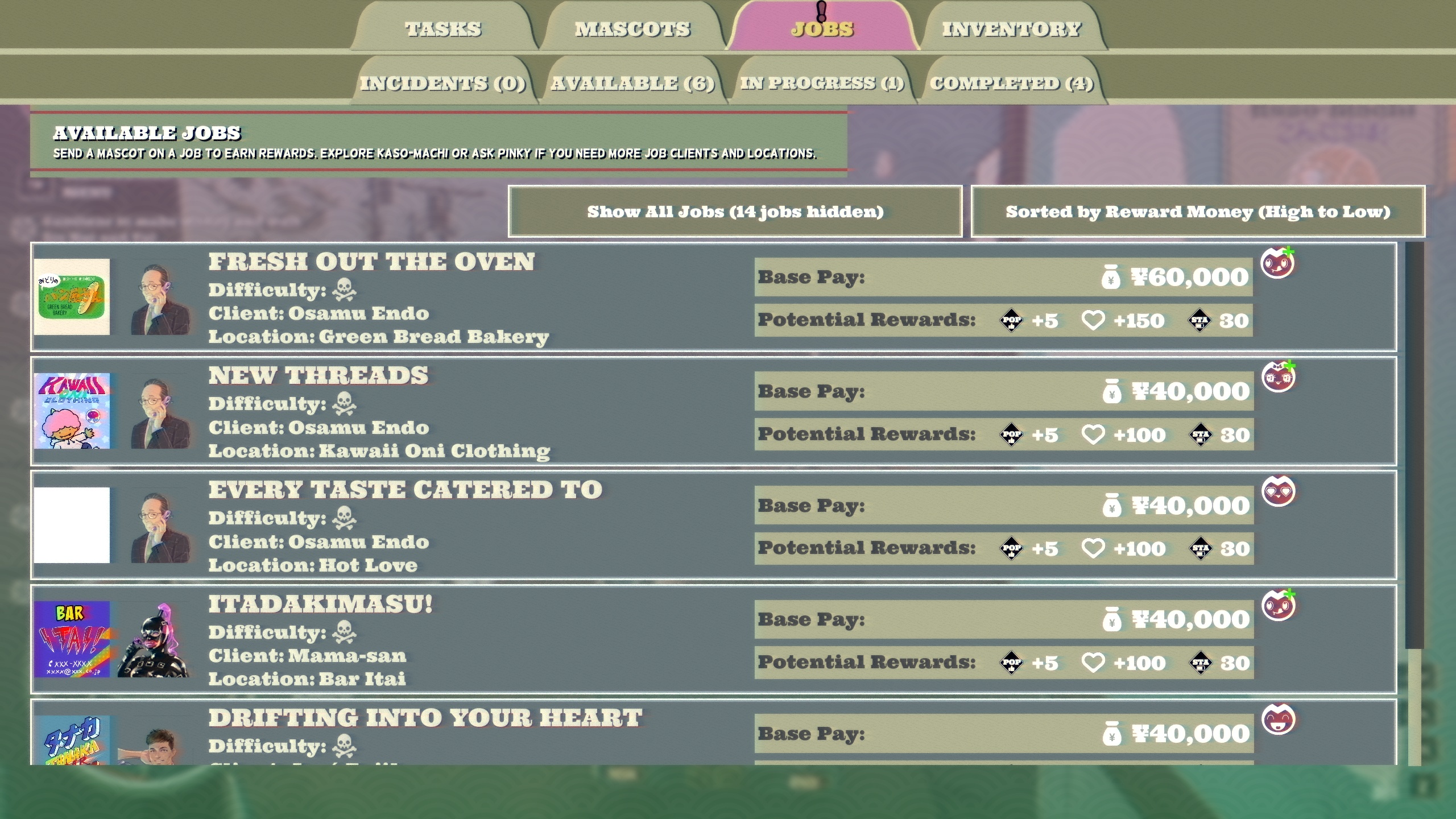
"We wanted players to understand what's going on without too many tutorials and get into the groove of it, and then we start unlocking medium and hard jobs. Then you start making decisions like 'I know I've got a good bank of heroes for this,' or 'I don't, but I've got a good mascot help item.' You can make some bets like sending a mascot out with on a really hard job with an item that has a 75% chance of avoiding trouble... You have lots of time to discover the intricacies of the system and different ways of approaching things. There's lots of side stuff that ties back into the simulation."
I can't remember the last game I've played that so gleefully defies categorization as Promise Mascot Agency, with a blend of open world exploration and systems management and visual novel-adjacent character chatter. I guess Like a Dragon: Infinite Wealth is the perfect point of comparison, but that's notably not from a small indie team delivering the follow-up to a detective game.
Smith has some clear points of inspiration for Promise Mascot Agency in terms of its core structure, though.
"We didn't want to make a deep, complex management game—we wanted to make a hangout game," he said. "I'm a big fan of what I call PS2 games where you hang out and do stuff, like the Disaster Report games and Way of the Samurai games, where you're just kind of given a world and a bunch of systems and you go and hang out and do stuff as you want. There are actually some really complex systems in there, but it doesn't feel overwhelming. With our management thing, we wanted players to hang out with the system; there are stakes there, and a pretty severe 'game over' system which ties into the narrative. But you have plenty of warning and some backup systems. The danger's there, but you're still able to engage with it in a way that suits you.
"Paradise Killer found a bunch of fans that aren't into hardcore games, and I think this will hopefully do that as well."
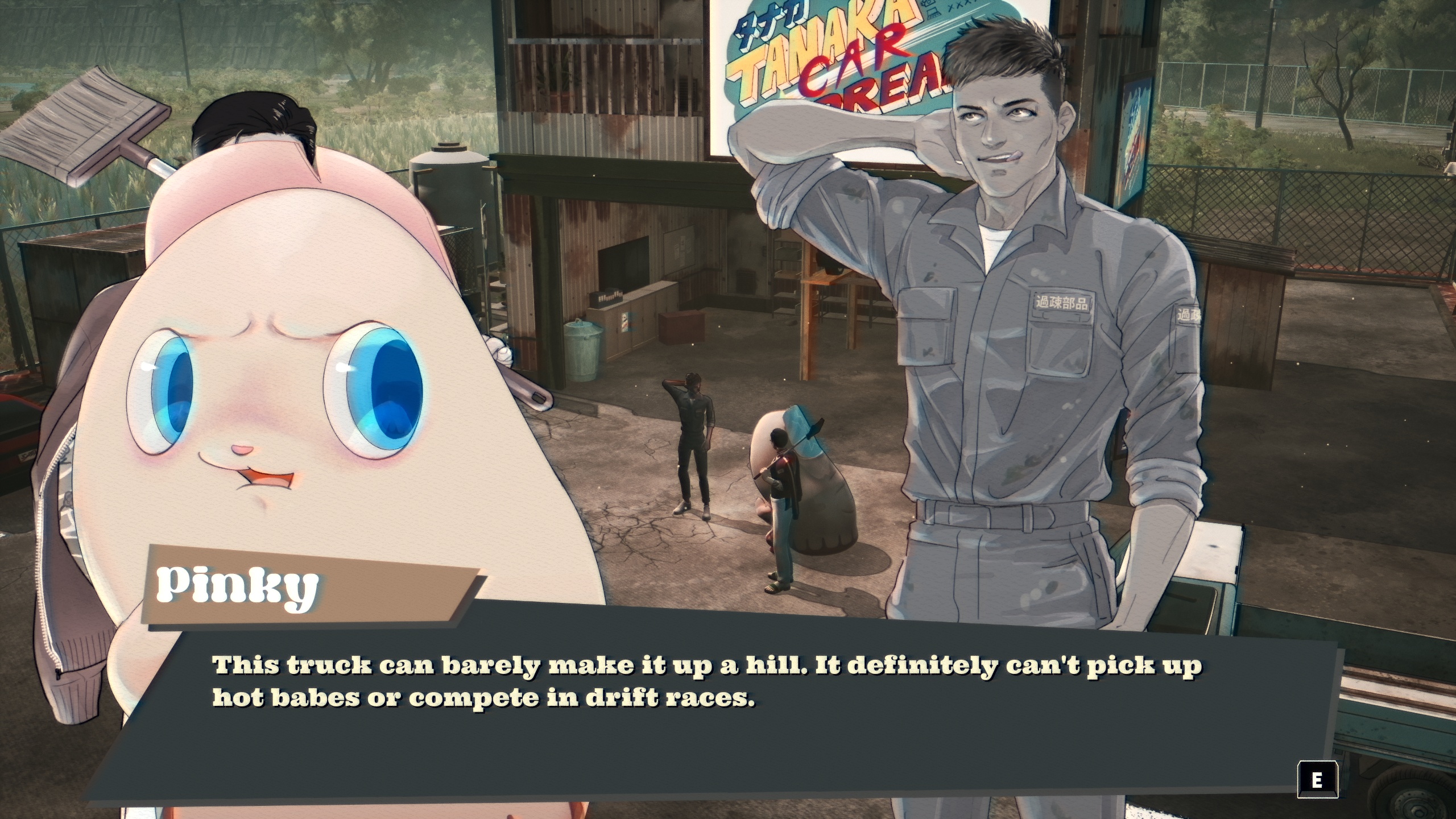
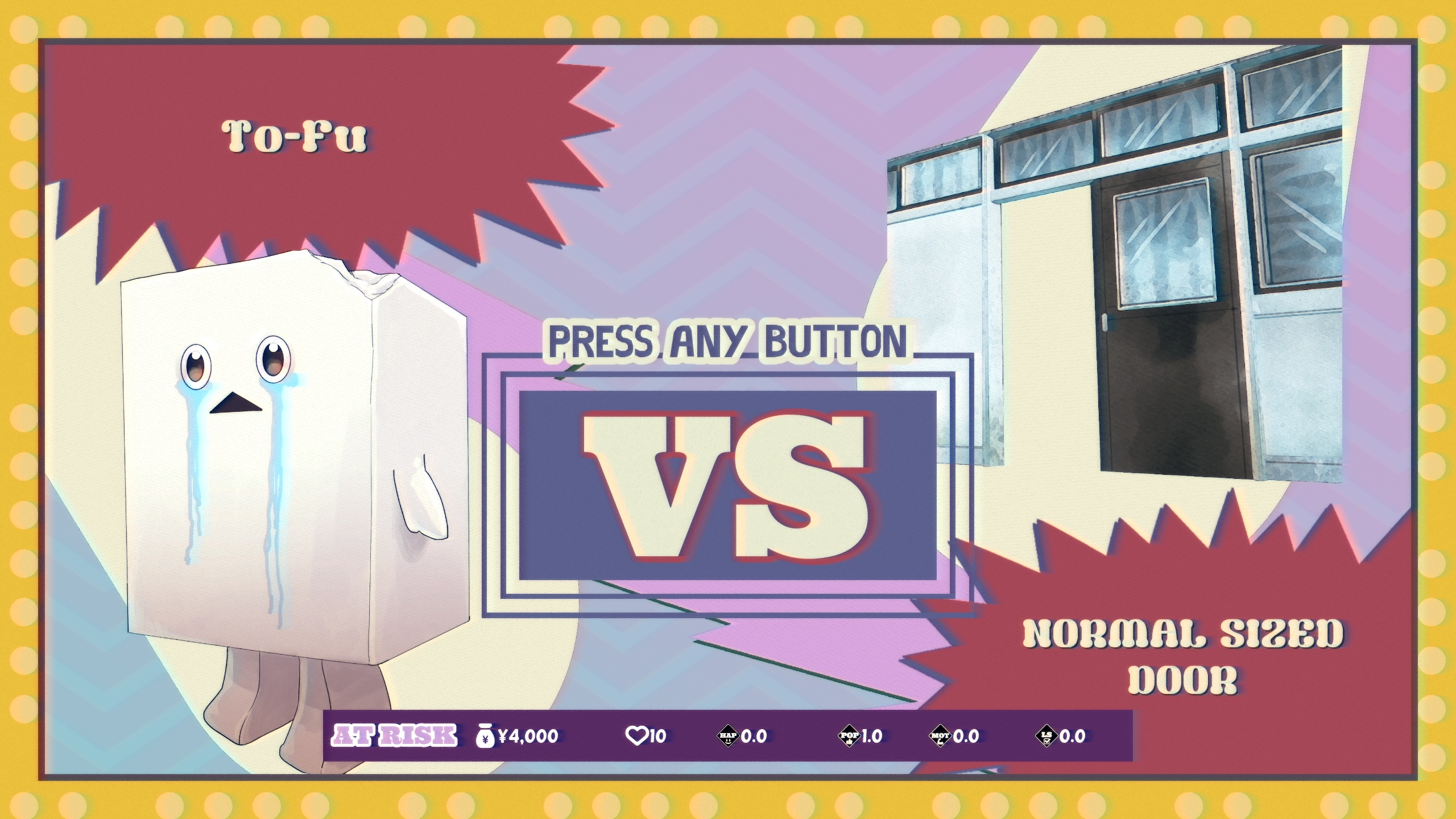
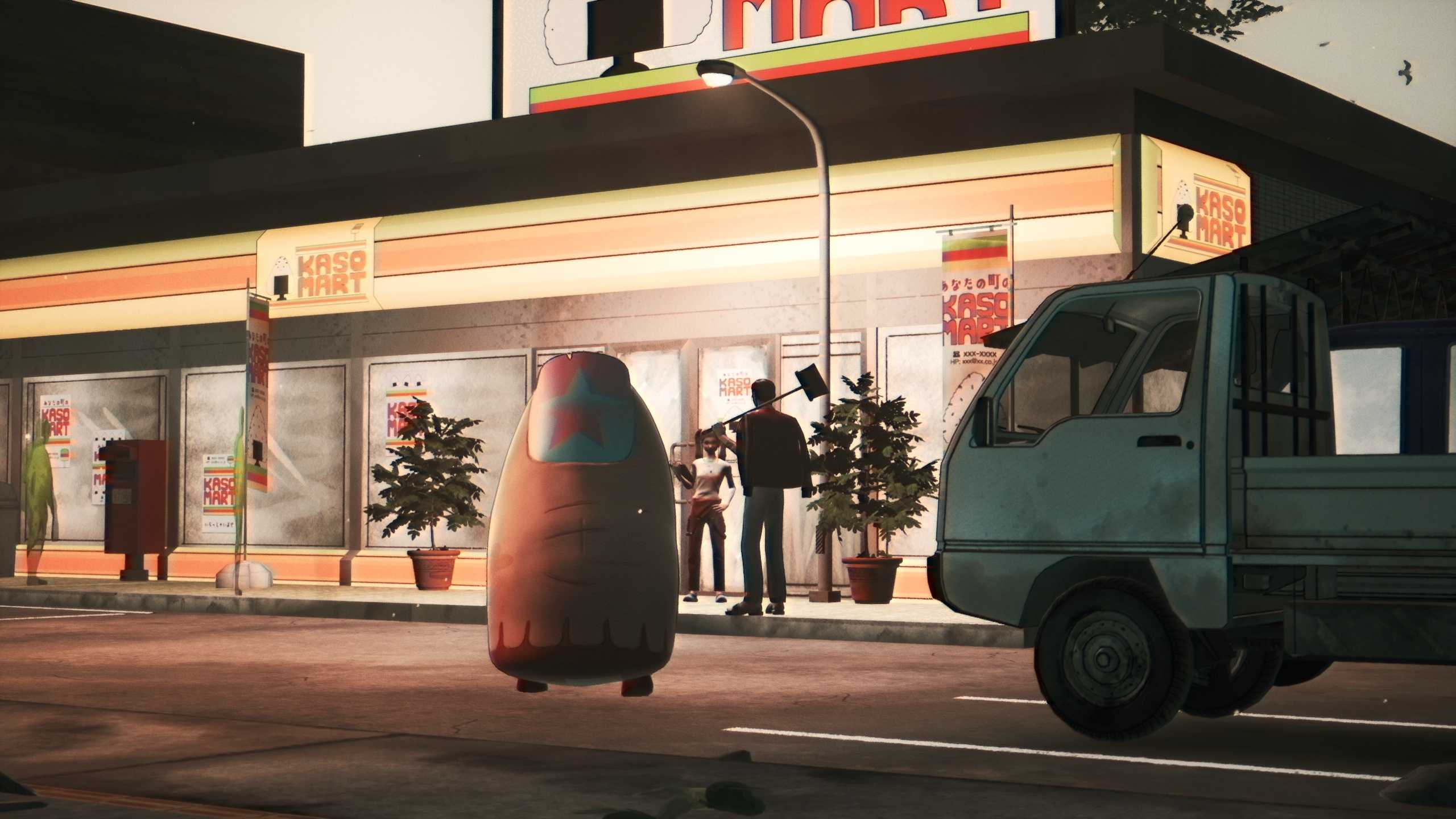
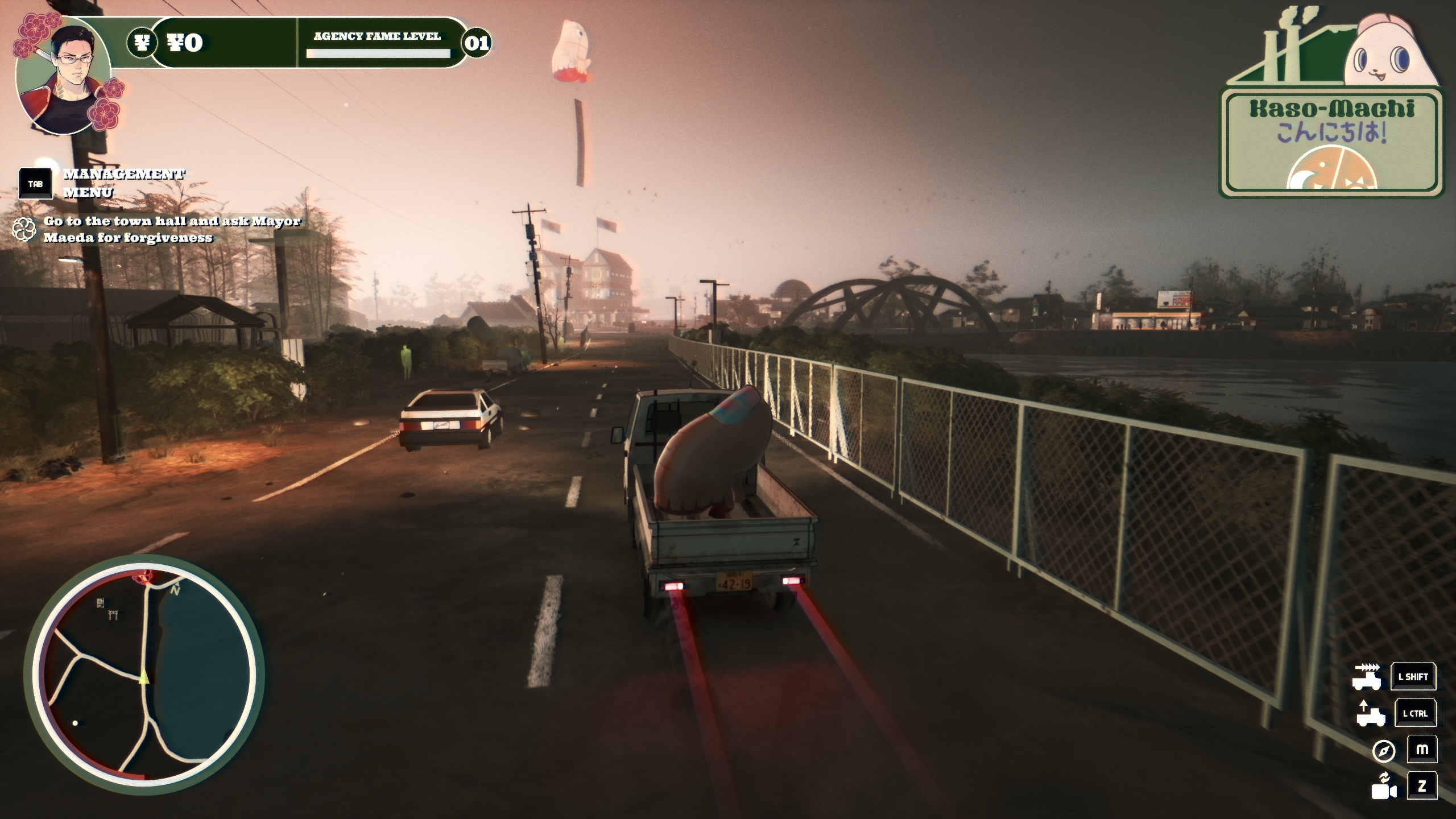
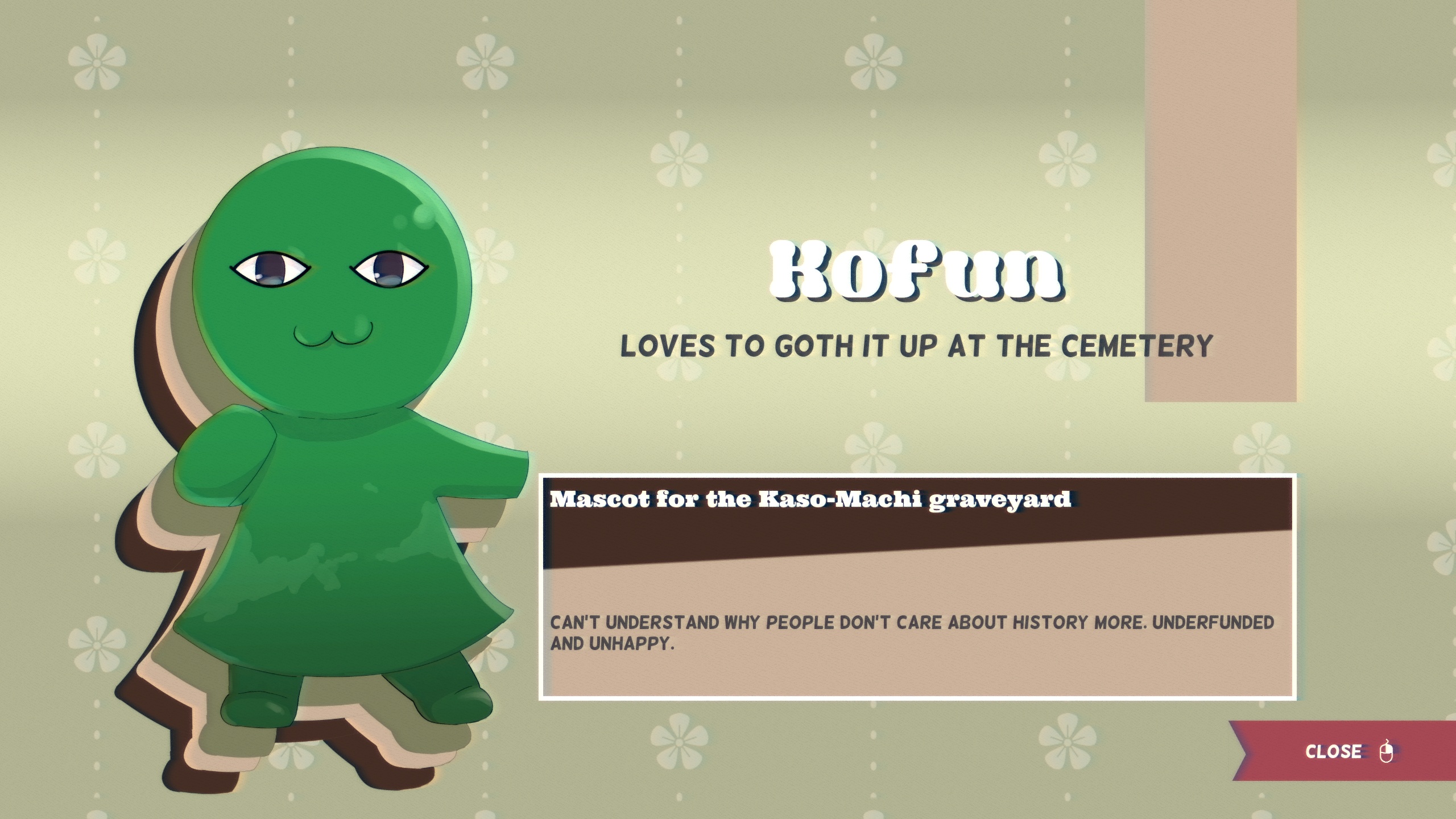
The town and surrounding area of Kaso-Machi is deceptively big, and I'm not sure yet if it'll prove as satisfying to poke around as Paradise Killer's island, which was fascinatingly bizarre in design and aesthetic even outside its bizarro characters. I'm not worried about the writing in PMA Agency, though—even in the opening couple hours it's just as charmingly unhinged as the team's last game. The setting may hew closer to the real world, but the characters are, as you can see from just the screenshots in this article, eclectic. They're just not immortal gods.
"This needed to be a more grounded world and story than Paradise Killer to show people trying to achieve their dreams, communities coming together and being rebuilt and fighting back against bureaucrats and governments," said Smith. "When I wrote Paradise Killer I was coming out of a whole bunch of jobs where I hadn't felt very valued, so I was very angry. In PK everyone's pissed off at you, it's got this anger to it. I think I got a lot of that out of my system."
"Mascot is more hopeful. It's like, yes the world is shit, but you're going to find your tribe and get through it together," said Noy.
If it's not the weirdest, most giddily creative game you play next year, I'll offer up my pinky as penance. Just promise to send it out on some fun jobs.

Wes has been covering games and hardware for more than 10 years, first at tech sites like The Wirecutter and Tested before joining the PC Gamer team in 2014. Wes plays a little bit of everything, but he'll always jump at the chance to cover emulation and Japanese games.
When he's not obsessively optimizing and re-optimizing a tangle of conveyor belts in Satisfactory (it's really becoming a problem), he's probably playing a 20-year-old Final Fantasy or some opaque ASCII roguelike. With a focus on writing and editing features, he seeks out personal stories and in-depth histories from the corners of PC gaming and its niche communities. 50% pizza by volume (deep dish, to be specific).

